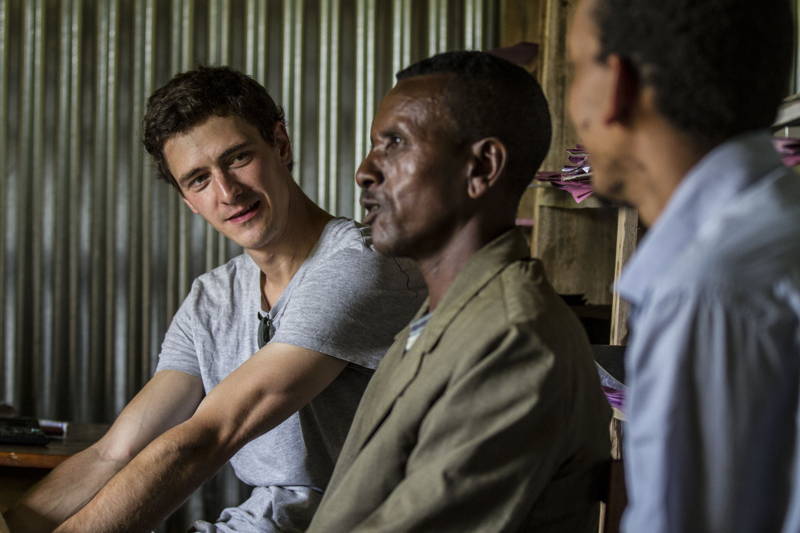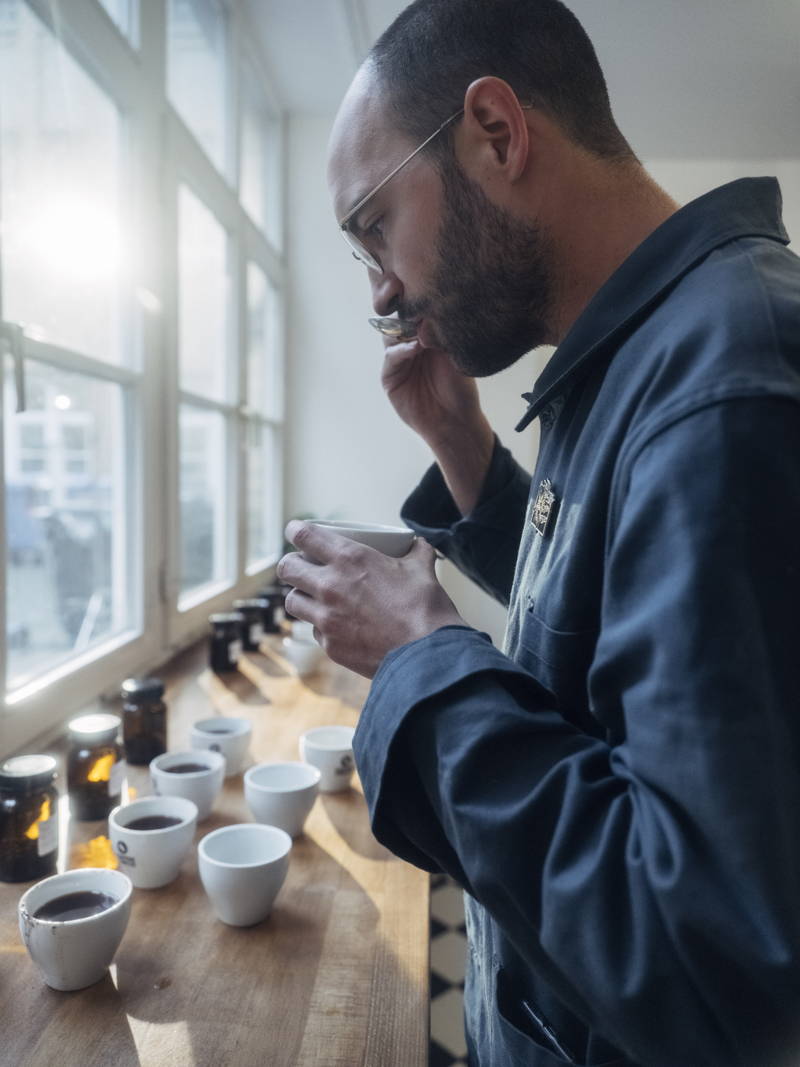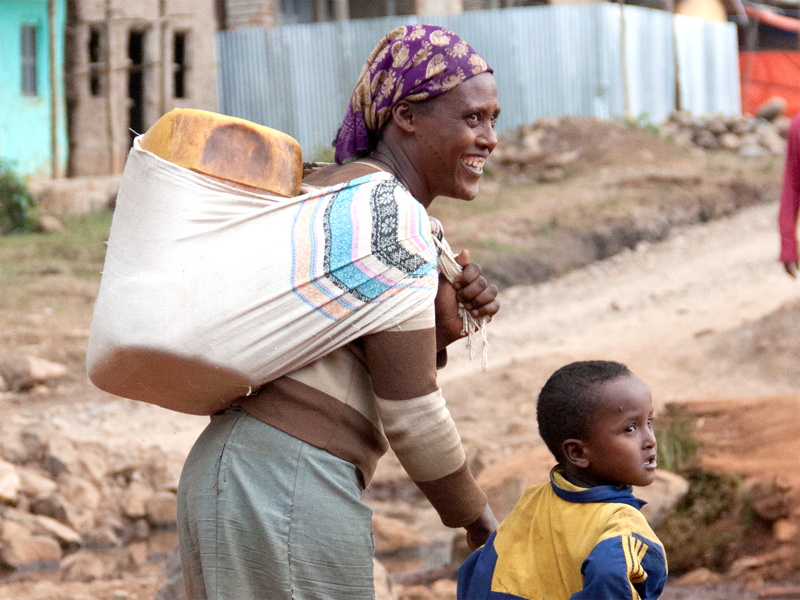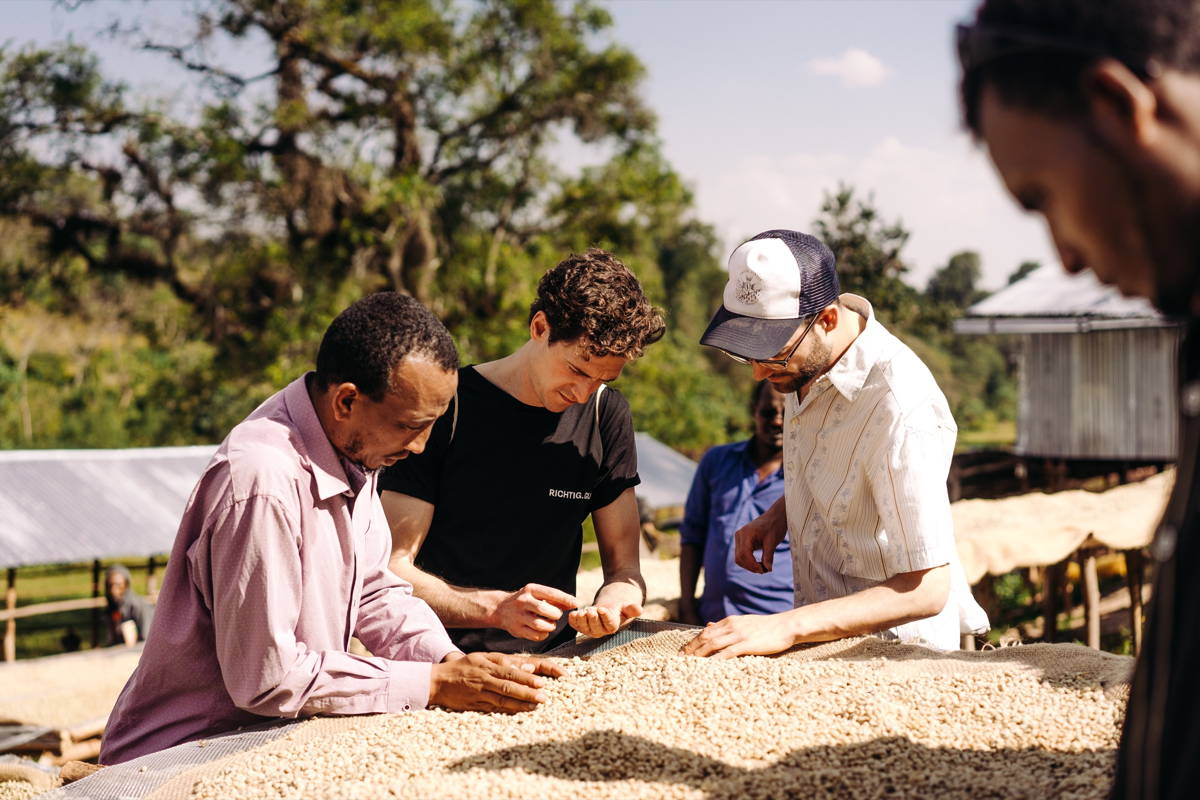
Our coffee purchasing criteria
We set new standards for fair coffee trade. No distance is too far for the best coffees in the world. We maintain direct relationships with our partners, paying them high prices for their unique coffees. Trading coffee is complex. That’s why we have defined 7 criteria that we aim to meet when purchasing our green coffees.
Our 7 purchasing criteria
We believe that, together with our customers, we can change the coffee value chain.
Only if we offer an optimal product will our customers‘ willingness to pay increase, and only then can more reach the producers. We believe that we can achieve this goal sustainably through high coffee quality and high social and environmental standards. That’s why we buy our coffees directly from producers according to seven qualitative, social and environmental criteria. We are constantly working to fully meet these criteria in order to achieve higher quality and sustainability.
1. Traceability
We can trace our coffees back to their origin, which means we know which cooperatives, fincas or farms our coffees come from. We regularly visit long-term partners and exchange information with them. For us, traceability means not only naming the country and region, but really knowing where the coffee was grown and by whom it was harvested and processed. You can find this information on every coffee package.
While we are in close contact with our partners via email, WhatsApp and video meetings, it is important to us that we also visit each other regularly in the growing countries. Only if we know where our coffees come from can we also make reliable statements about the conditions on the ground. The quality of the coffee plays a role here, as does ensuring sustainable cultivation methods.
Traceability is easier for us to implement compared to the other criteria. However, it can happen that we have to buy additional coffee due to an emergency. The origin is then no longer 100% traceable back to the cooperative and usually ends with country and region. If, for example, a coffee component of an espresso blend runs out, we have to „cross buy“ to avoid having to stop production. In this case, we buy from coffee suppliers we know who have similar standards of quality and sustainability. We strive to continue to purchase 100% of our green coffee in a traceable manner. We achieve this through improved purchasing planning and the experience we have gained over the years in coffee purchasing.

2. Personal relationship
Our coffees come from direct trade relationships. For us, this means that we communicate regularly with our partner producers and visit them annually. Direct communication is essential to build a relationship of mutual trust, to motivate improved coffee quality and to truly understand local living conditions.
Direct communication is essential to build a relationship of mutual trust.
In addition to communication, we work directly with farmers during visits. For example, we can motivate them to improve the quality of their coffee. A big step in this direction is our current project, in which we invest in training coffee farmers to increase their quality and production volumes. The farmers will be supervised by experienced agronomists on site over a period of 3 years and will benefit from higher income for the increased coffee quality.
With the expansion of our portfolio, it has recently become more difficult to visit all our partner cooperatives annually. The coffee countries are far apart and the coffee harvest often takes place at the same time of year. In addition, we don’t want to just make „flying visits“ and leave after a few hours. Nevertheless, we are sticking to our goal.
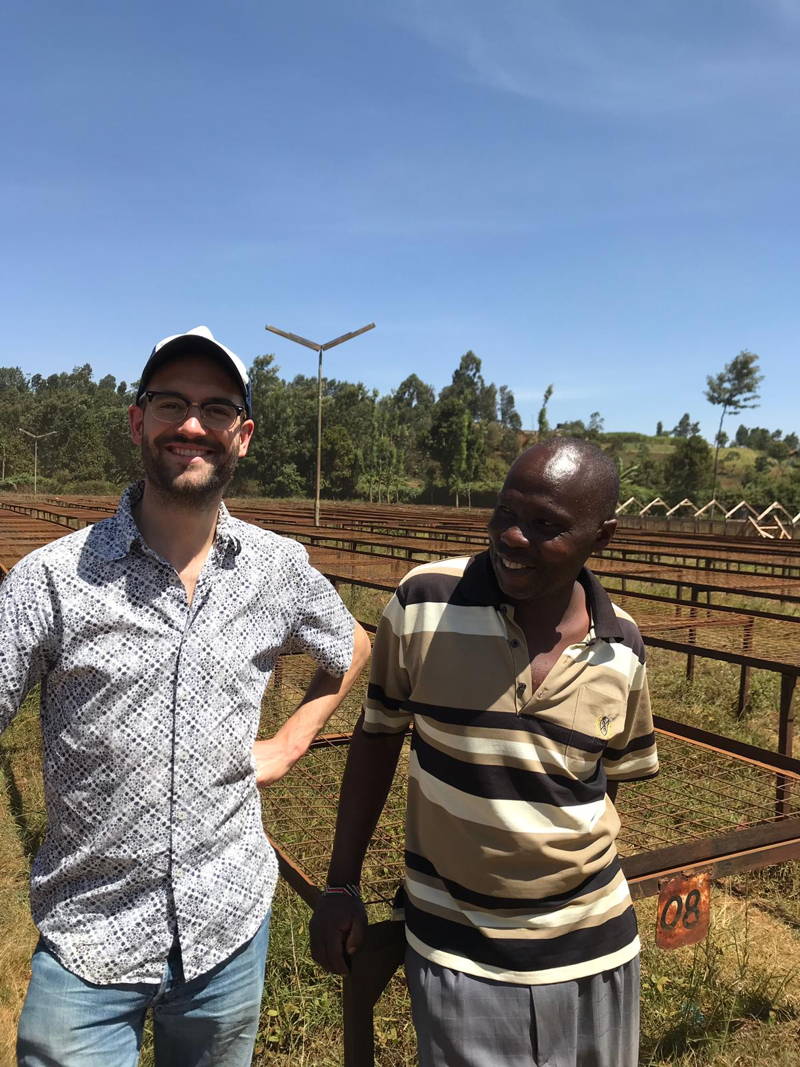
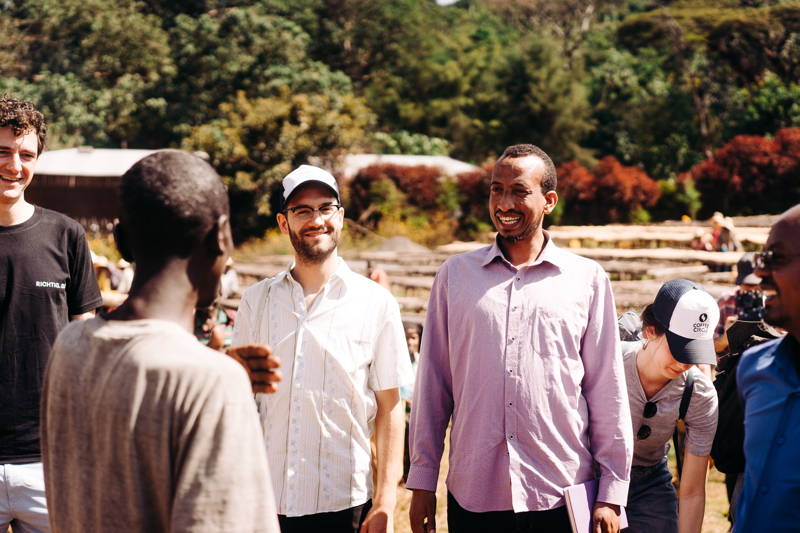
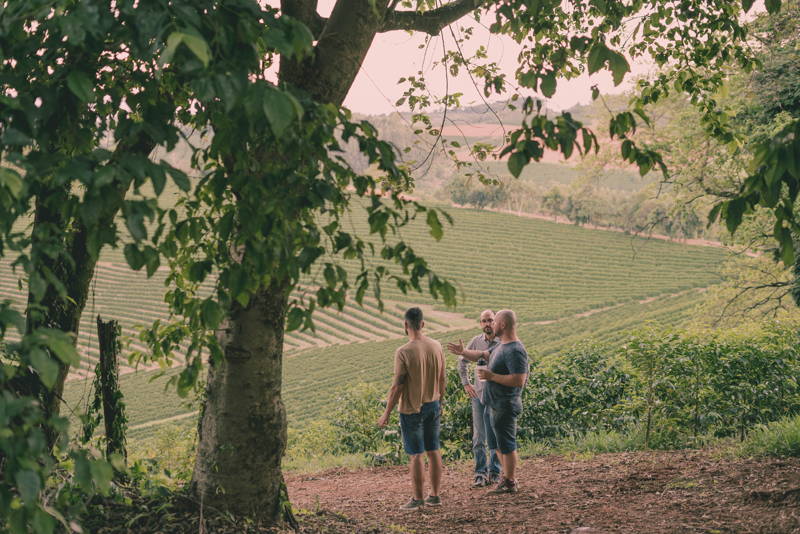
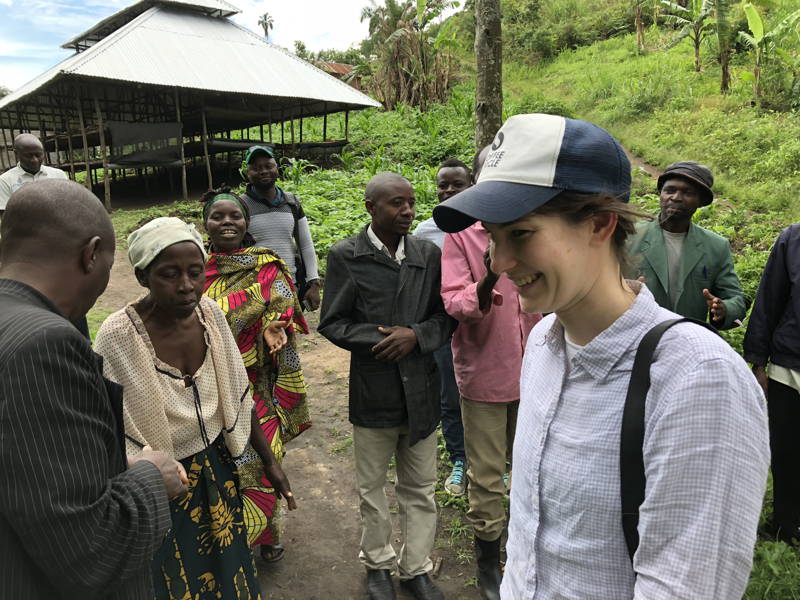
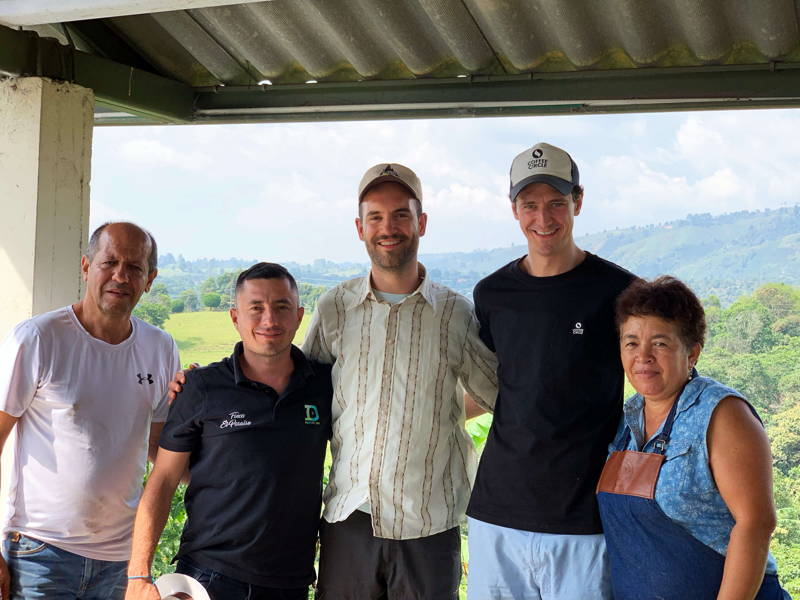
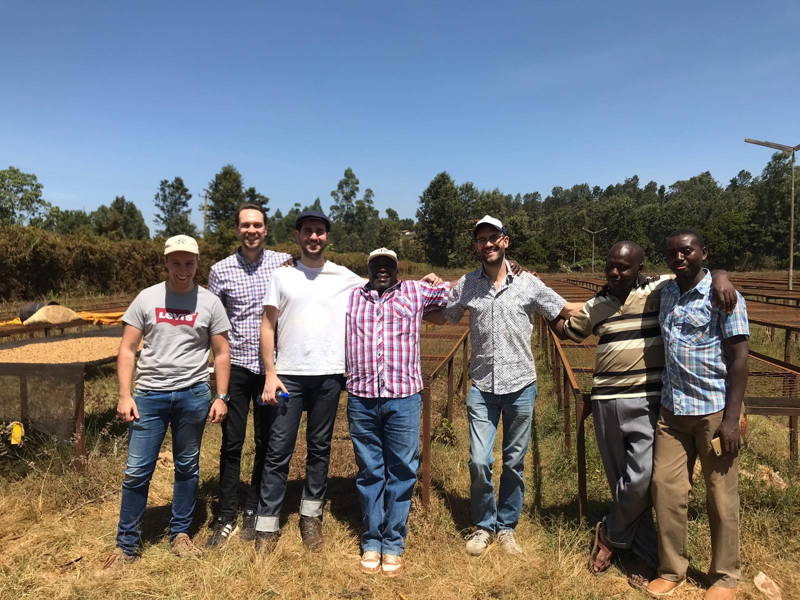
3. High quality
High coffee quality is important to us. For example, we only buy coffees that we have assessed with a cupping score of > 80 points (international scoring model of the SCA, the Specialty Coffee Association). When purchasing our green coffees, we not only make sure that they meet our preferences in terms of taste. We want to offer each customer the coffee for his or her needs, so we strive to have as diverse a coffee portfolio as possible.
The search for the best coffees is carried out through so-called cuppings. These are tastings in which countless coffees are tasted and evaluated. The cupping score is a good reference value for evaluating the quality of a coffee in the purchasing process. This is a proven method in the specialty coffee trade. This structured method of SCA has tradition and justification in the purchasing process of specialty coffees. Nevertheless, it remains a subjective evaluation of the respective grader. Therefore, we always try to use the opinion of two graders at a time in „blind cuppings“ to assess the quality. In short: You can rely on the fact that we only buy coffees of which we are completely convinced of their quality.
We constantly motivate our partners at origin to improve the quality of their coffee – and not just for us. After all, higher quality means higher prices for them. That’s why we are committed to doing just that with our coffee-growing projects.
4. Fair purchase price
For high quality, we are willing to pay high prices that are independent of the world market. A high price is important to us so that the farmers are sustainably motivated to continuously work on improving their coffee quality. The income from coffee cultivation thus contributes to improving their living conditions independently.
An example: On average over the last few years, the purchase price we pay in Ilketunjo (Limu region, Ethiopia) is 88% higher than the world market price and 56% higher than the Fairtrade minimum price of EUR 1.60 (including premium).
As nice as this comparison is, we want to emphasize that we are comparing apples and oranges here. The world market price is based on a price basket of all traded coffees in the world. This means that it is made up of all quality levels, not just top qualities like ours, and also of coffees from many different countries, which in turn have widely differing cost structures in cultivation. For example, it makes a significant difference whether the coffee cherries are picked by hand in forest gardens or mechanically on plantations. Nevertheless, we see the comparison as a good point of reference. However, we see it only as a start. This topic is very complex and we are working on making it transparent for you.
We see our challenge for the next few years in learning more about the cost structures of our producer partners so that we can really evaluate how fair our prices are.
In Colombia, we can already report successes thanks to high purchase prices. Our partner cooperative COOCAFE was able to finance a Quality Lab thanks to quality premiums that we paid in addition to the purchase price, in order to improve the coffee quality of the farmers of the cooperative in the long term.
A high purchase price is important to motivate the farmers to continuously work on improving their coffee quality – and thus to independently increase their income and thus the quality of life.
5. Projects
With long-term partners, we implement projects in the local communities. This is an additional incentive to improve coffee quality and is seen as part of the reward. In this way, we fundamentally differ from classic charity, as we motivate through economic incentives. We see this as a much more dignified form of support than we have encountered in classic donation models.
Currently, with every cup of coffee you support the WaSH project in Ethiopia, through which we provide more than 37,100 people with access to clean drinking water, sanitation and hygiene.
Currently, we focus our project work on partner cooperatives in southwestern Ethiopia. Although we are also implementing smaller projects in Colombia, in purely financial terms we are currently investing the most money in our WaSH project. For us, it is important to invest the money we raise in a way that maximizes its impact. In Ethiopia, for example, we are primarily fighting against fundamental problems in basic services, such as lack of access to clean water and thus hygienic diseases, or elementary school education. These problems do not exist in Colombia, for example. Here, on the other hand, we try to improve the coffee quality and productivity of our partners by investing as effectively as possible in the education of coffee farmers, in order to increase their income step by step.
Our goal remains to pay a fair price to all our partners and to implement additional projects with long-term partners. In the coming years, we intend to tackle more projects in coffee cultivation. On the one hand, because basic supplies are not a problem everywhere. On the other hand, because investments in coffee quality and professionalism of producer structures (e.g. in bookkeeping) are most effective in securing and increasing income in the long term.
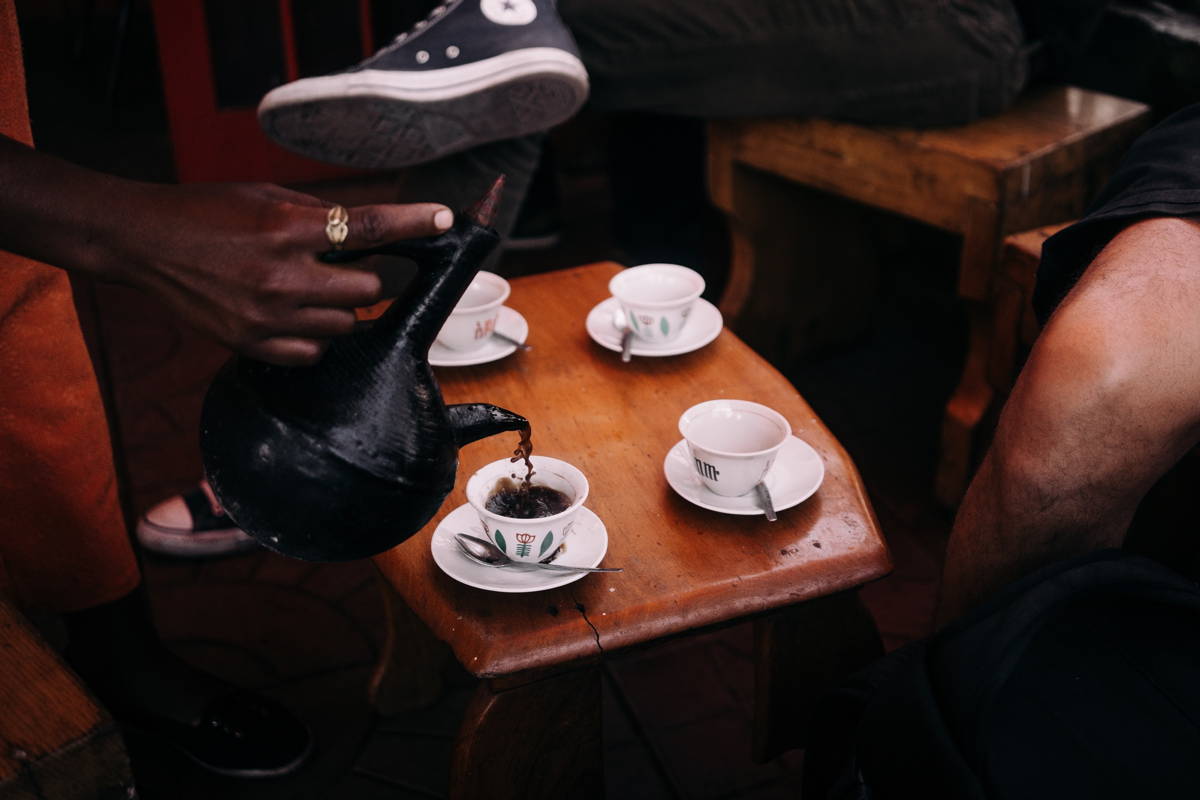
What we have achieved so far
6. Sustainable cultivation methods
Our coffees are grown in an environmentally sustainable manner. This is, independent of a certification, a purchase requirement for us. For example, we expressly welcome the official organic seal. Ultimately, however, quality plays a greater role for us than official certification. Therefore, we also buy non-certified coffees, as long as we are sure that the coffee is grown in a sustainable environmentally friendly way.
In reality, verifying sustainable cultivation methods is very difficult. It requires a great deal of trust with our producer partners, as we cannot check the extent to which chemical fertilizers are used, for example, throughout the year. Greater presence and better relationships certainly help here, see point 2. Likewise, certifications play their part in reminding producers of e.g. organic farming methods. But even certifications are only based on an annual survey and control. And especially in Ethiopia, we have our doubts due to personal experience of the last years, to what extent organic certifications are really made consistently and then also kept. Also with this criterion we learn and can only become better with increasing presence.
7. Continuous improvement
The coffee trade is complex and we have learned in recent years that it does not allow for „black and white“ thinking. Rather, we must continually learn and regularly review our purchasing criteria to ensure high quality, fair trade and sustainable cultivation where possible. Currently, we have set the following goals:
- We would like to strengthen our „Green Buyer“ team to increase our presence in the growing countries, thus intensifying our personal relationships (point 2), to better understand high and fair purchase prices (point 4), and also to ensure sustainable cultivation (point 6).
- Currently, we are preparing a new project that will replace the WaSH project once completed. This is a large-scale program to train coffee farmers in the areas of cultivation, harvesting and processing – so that they can sustainably and independently increase their coffee quality and thus their income.
